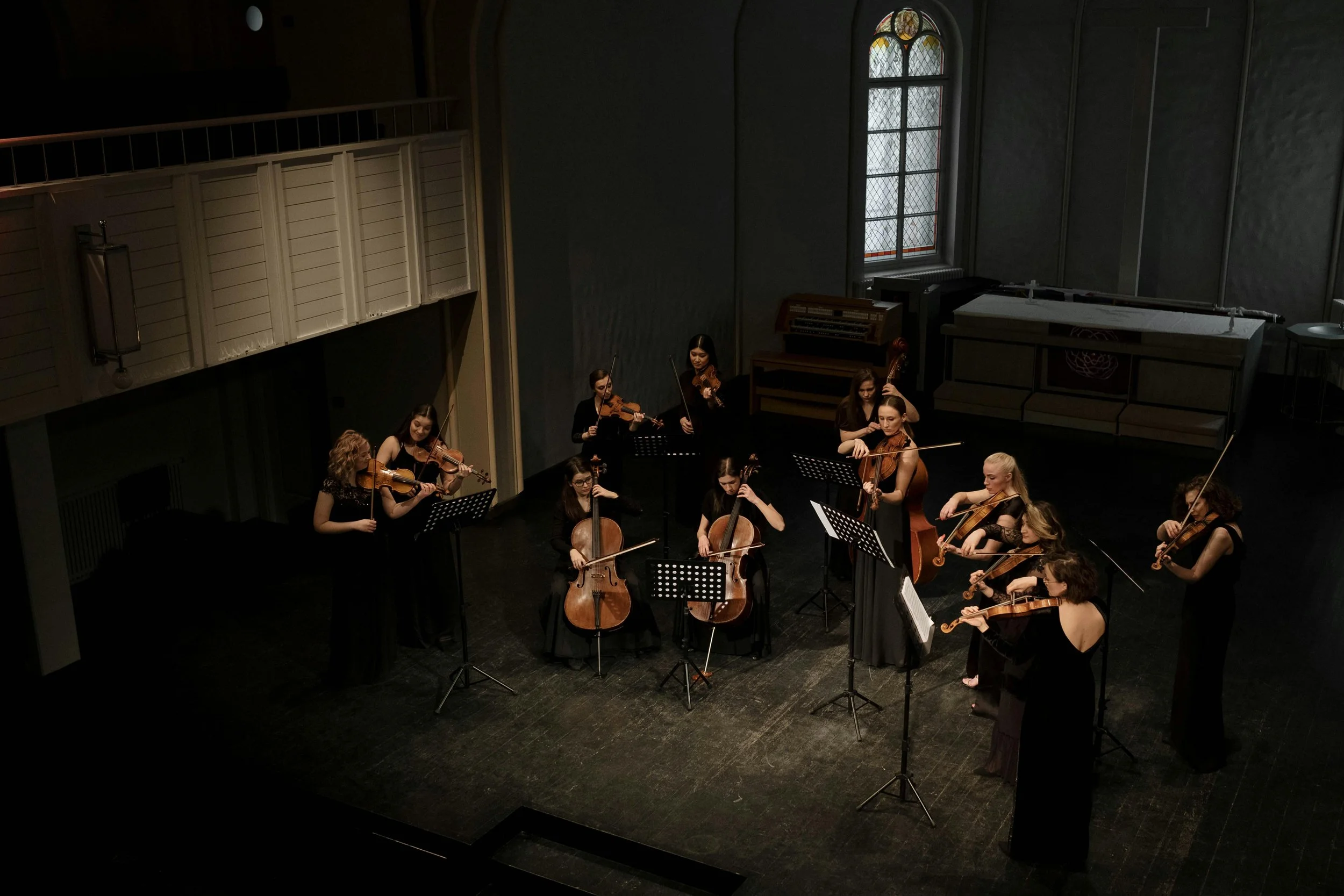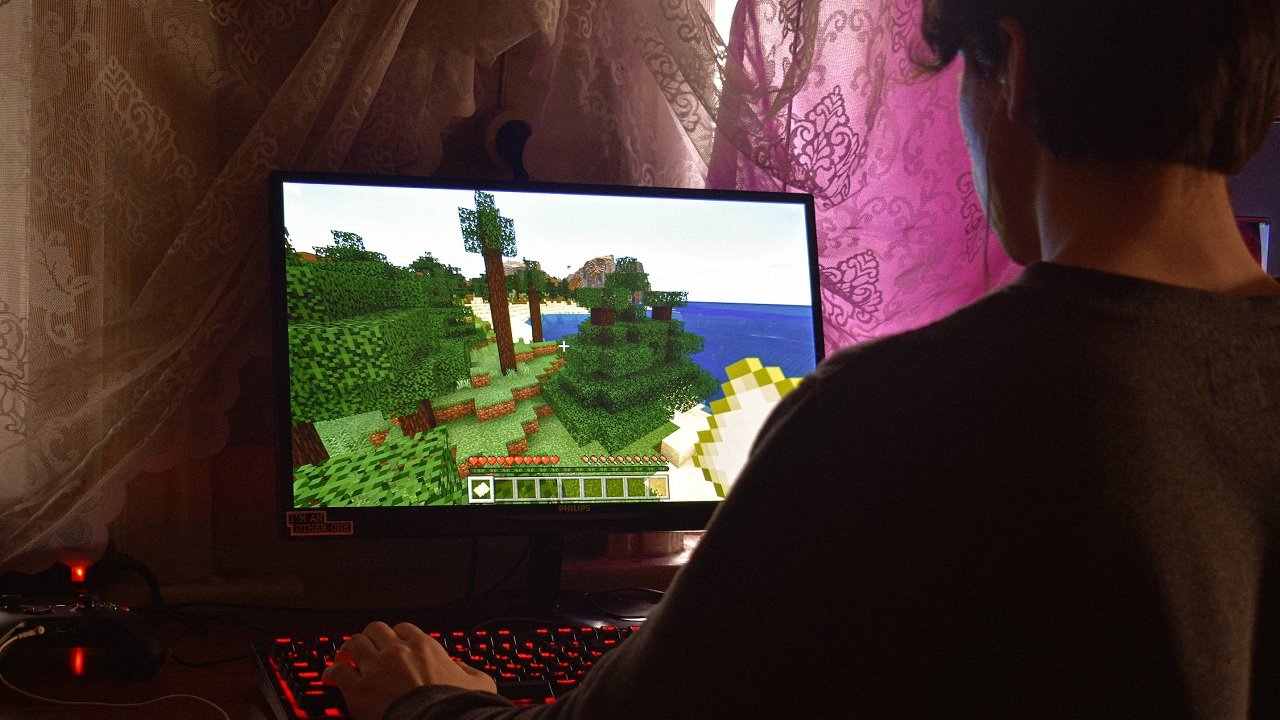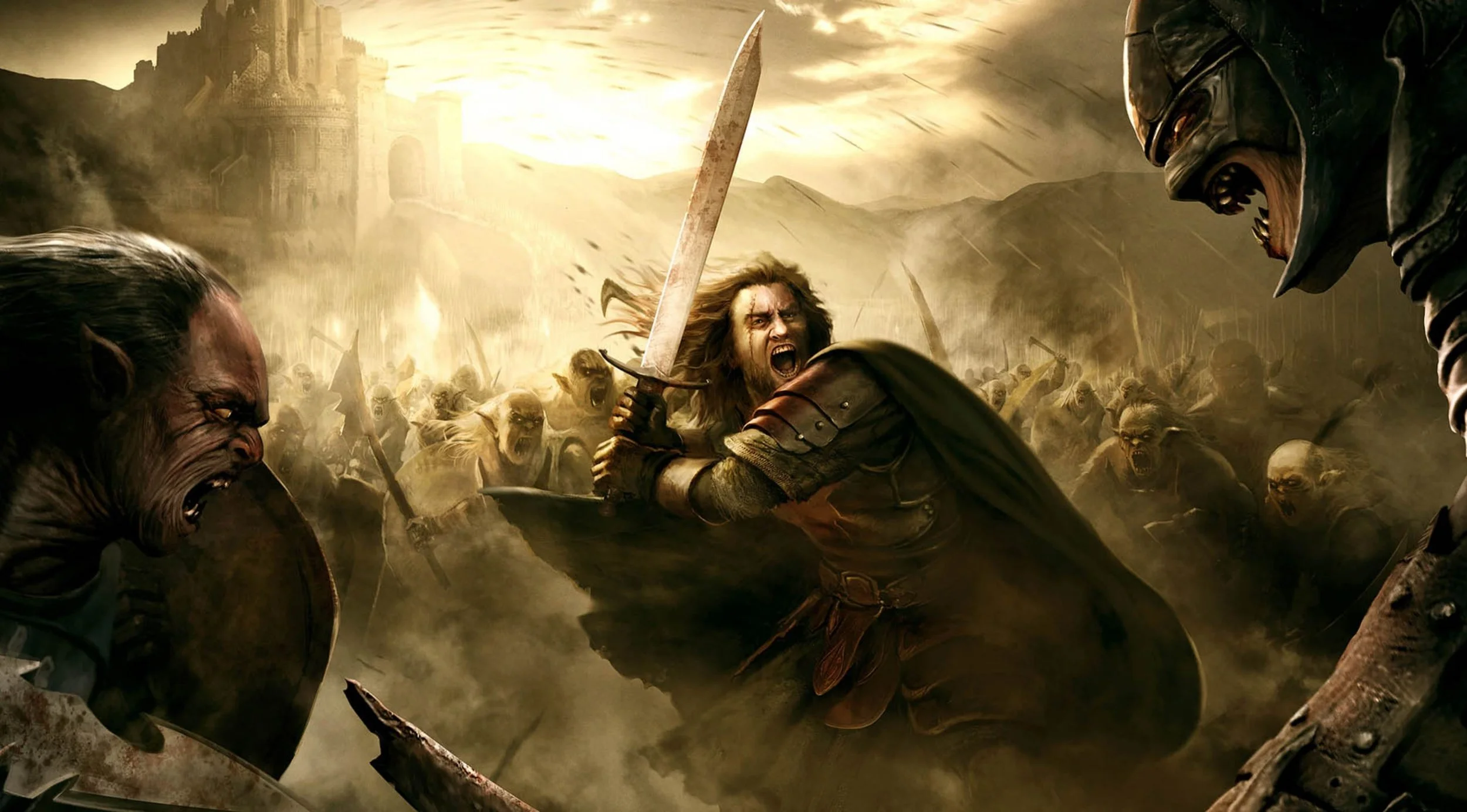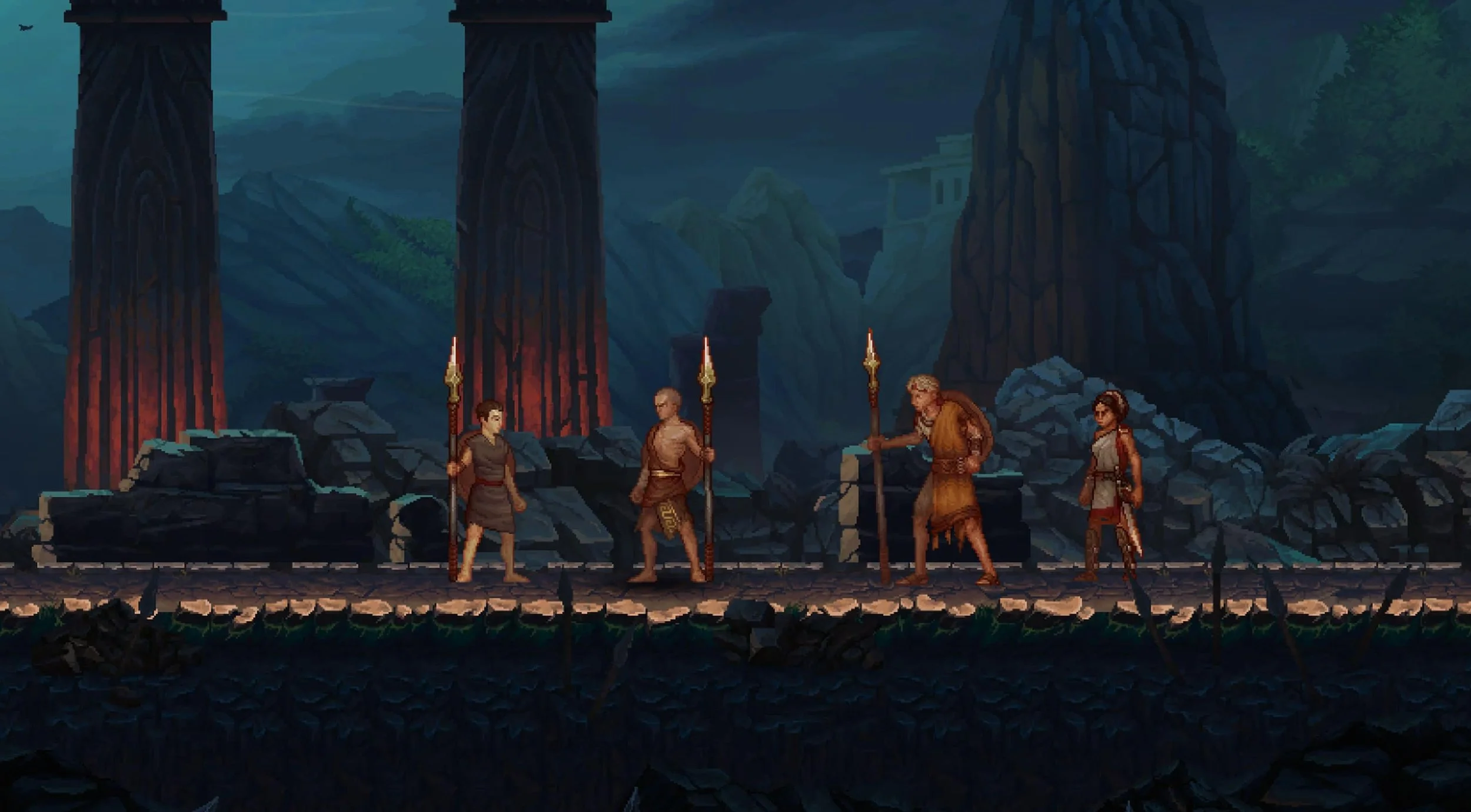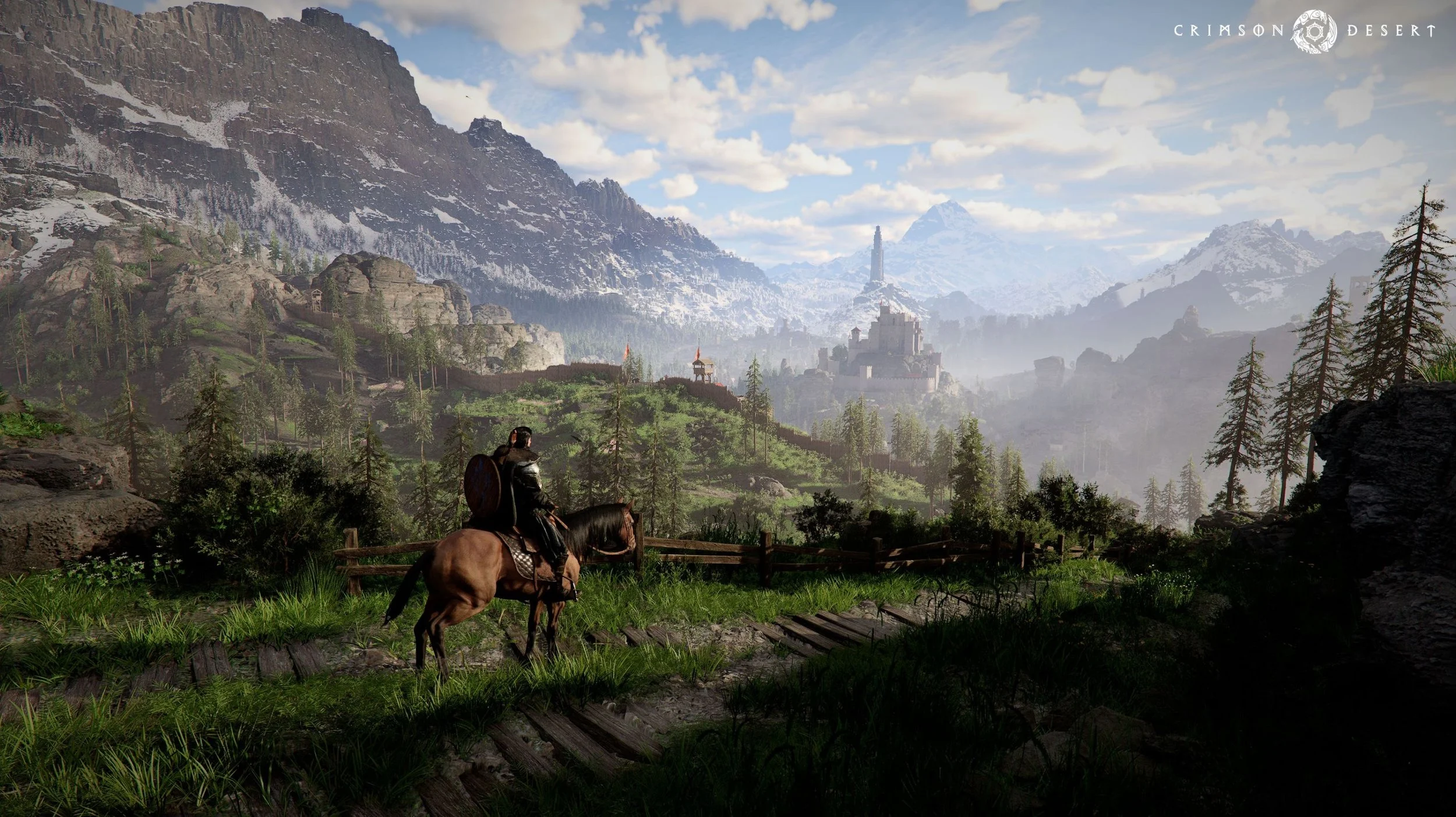Music plays a vital role in elevating the gaming experience by creating an emotional connection between players and the game world. A well-crafted soundtrack sets the mood, whether it’s building tension in a high-stakes battle or providing a sense of calm in open-world exploration. Game soundtracks enhance immersion, making players feel more involved in the story and action, which transforms a simple game into a memorable adventure. Research shared by the National Library of Medicine highlights how sound and music can positively influence emotions and memory, further deepening the engagement in interactive environments.
The Role of Music in Setting Game Atmospheres
Music plays a key role in shaping the atmosphere of any game, enhancing both the visual and narrative elements. A carefully composed soundtrack can turn simple gameplay into an immersive experience, pulling players deeper into the game world.
Creating Immersive Worlds
Soundtracks help build rich, immersive worlds by aligning the music with the visual and story elements of the game. For example, in The Legend of Zelda, the music dynamically shifts as players move between environments, from the peaceful tones of open fields to more intense music during battles. Final Fantasy is another great example, where each musical score complements the expansive fantasy world, bringing emotional depth to the story and its characters.
Emotional Engagement Through Music
The emotional power of a game often comes from its music. Soundtracks evoke a range of emotions, whether it's excitement during action-packed sequences or sadness during key story moments. For instance, the emotional impact of The Last of Us relies heavily on its haunting melodies, heightening the player's connection to the characters and story. This emotional layering makes each moment in the game feel more meaningful and memorable.
Adaptive Music: Changing the Mood on the Fly
Adaptive music in video games shifts in response to player actions or in-game events, helping to create a more engaging and immersive experience. This dynamic approach allows the game to feel more personalized and responsive.
Dynamic Soundtracks That Respond to Player Actions
Adaptive soundtracks adjust in real-time, reflecting player decisions, movements, or changes in the game environment. For example:
The Last of Us: The music intensifies during tense encounters with enemies and quiets down during exploration, enhancing both action and emotional moments. This seamless transition keeps players on edge or at ease depending on the scenario.
Red Dead Redemption: As players ride through different landscapes or engage in missions, the soundtrack evolves to match the setting and the mood. Calm melodies accompany peaceful exploration, while fast-paced, dramatic music kicks in during action sequences, creating a fluid and immersive experience.
This dynamic adjustment creates a deeper connection to the gameplay, making the player feel more in tune with their actions.
The Subtle Use of Music in Online Platforms
Online platforms, including sweepstakes casino sites, often use music and sound effects to enhance user engagement, even though they may not feature complex soundtracks like action-packed video games. Light, repetitive background music helps keep players immersed in the game, creating a calming and enjoyable environment. For those looking to explore different options, checking a social casino comparison page can provide insights into which platforms offer the most engaging experiences. Celebratory sound effects, like those played during successful spins or when awards are earned, add excitement and reinforce positive experiences for the player.
This subtle use of music mirrors the adaptive nature found in video games, where soundtracks change based on the player's actions. Though simpler in form, these musical cues still serve to maintain player focus and add a level of interaction that keeps the platform engaging and entertaining. By keeping the atmosphere lively and pleasant, music contributes to a more active and enjoyable experience for players, even in these less dynamic environments.
Music’s Impact on Player Performance and Immersion
Music affects both how well players perform and how deeply they immerse themselves in the game. Whether through rhythm, tempo, or sound effects, music enhances the overall gaming experience.
How Rhythm Guides Gameplay
In rhythm-based and action games, the tempo and rhythm of the music guide how players interact with the game world. For example:
Beat Saber: Players slice through cubes in time with the beat, with faster tempos increasing the difficulty. The rhythmic pacing is essential for player focus and quick reactions.
DOOM: Heavy metal soundtracks heighten the intensity of combat. Fast beats and aggressive music match the player’s high-speed actions, making them feel synchronized with the gameplay.
In both cases, the rhythm sets the pace, keeping players engaged and heightening the overall excitement.
Music in Different Gaming Platforms
Music plays a role across various platforms, affecting player immersion in different ways.
Mobile Games: Short, looping soundtracks keep sessions light and engaging. Casual games often use simple sound effects or melodies to retain player interest during quick gameplay moments.
Console Games: Larger soundtracks in role-playing or action games create a deeper immersive experience. For example, open-world games use expansive, dynamic music to match the player's surroundings and actions.
Prize-based Games: These platforms use background music and sound effects to engage players. Gentle soundtracks and celebratory sounds during wins create a fun atmosphere without distracting from the gameplay. If you're curious about different platforms, including sweepstakes casinos.
Music's ability to enhance experiences applies across all gaming platforms, shaping player interactions and enjoyment.
Iconic Game Soundtracks and Their Lasting Impact
Game soundtracks often leave a lasting mark on players, becoming a key part of their gaming memories.
Memorable Scores that Defined Games
Certain game soundtracks have become iconic, instantly bringing back memories of the gameplay experience. These scores create a deep emotional connection, evoking nostalgia and recognition. They become synonymous with the game itself, reminding players of the feelings they experienced during key moments in the game. As highlighted by the Library of Congress, video game music has gained enough cultural significance to be recognized as a creative work worthy of copyright protection, showcasing how these musical themes often transcend the game, becoming part of broader pop culture and continuing to resonate with audiences long after the game is over.
Music as a Tool for Game Marketing
Soundtracks are not just a tool within games but also a key component of marketing new releases. Developers often use music to build excitement and anticipation, creating memorable connections between the audience and the game. Familiar or well-crafted soundtracks can help attract attention and enhance promotional materials, drawing players back to familiar game worlds or sparking curiosity about new ones. Music plays a crucial role in making marketing campaigns more engaging and effective, further solidifying its lasting impact on the gaming experience.
Conclusion
Music is an integral part of the gaming experience, enhancing the atmosphere and deepening the emotional connection between players and the game world. From adaptive soundtracks that respond to player actions to iconic scores that transcend the game itself, music plays a crucial role in shaping how we engage with and remember games. Whether it’s building tension, evoking nostalgia, or simply adding excitement, the right soundtrack transforms gameplay into a more immersive and memorable experience, leaving a lasting impact on players long after the game is over. Music continues to influence both in-game environments and broader gaming culture.
